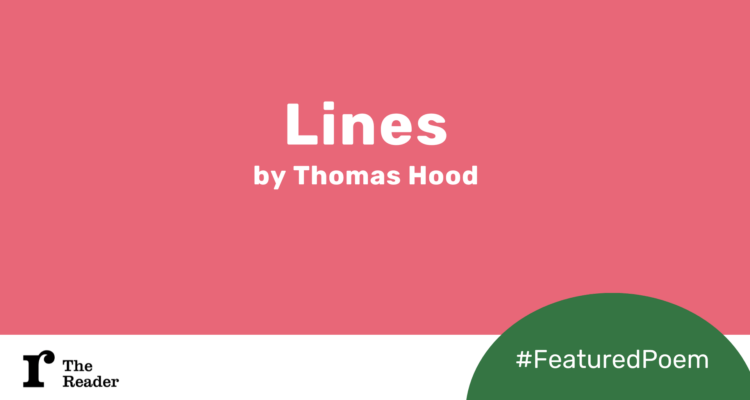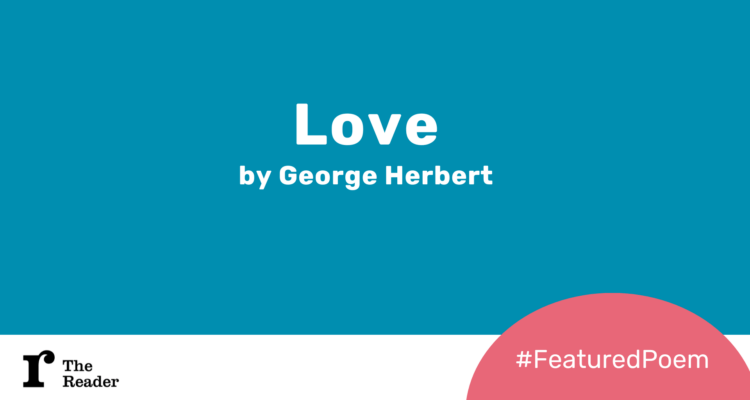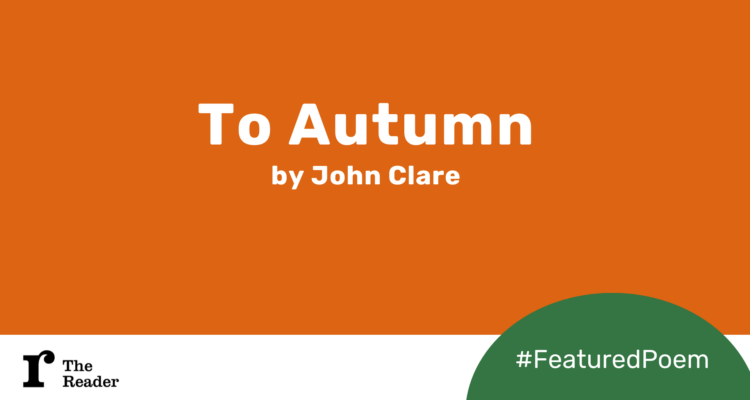Featured Poem: For A Poet by Countee Cullen
To mark Black History Month, we want to showcase the work of black authors and poets from throughout history. This week's featured poem comes from our Head of Teaching and Learning at The Reader, Clare Ellis, who introduces us to 'For A Poet' by Countee Cullen.
For A Poet
I have wrapped my dreams in a silken cloth,
And laid them away in a box of gold;
Where long will cling the lips of the moth,
I have wrapped my dreams in a silken cloth;
I hide no hate; I am not even wroth
Who found earth’s breath so keen and cold;
I have wrapped my dreams in a silken cloth,
And laid them away in a box of gold.
Countee Cullen
Thoughts
Dreams? When do we first have them? Not the kind of dreams that come to us in our sleeping hours (although of course there may be much overlap), but dreams in terms of our life’s hopes and ambitions?
On reading this poem, I first wonder what kind of dreams we might care enough about to wrap them in ‘silken cloth’ and put them ‘in a box of gold’? I then go on to wonder why we might need to do this – as in, why ‘wrapped’ and ‘laid...away’?
Have you thought of any? It takes a while...When I thought of some, I felt they were so private, so precious, but also so painful because that have not come true and will never do so now, for me, that I would not want to type them out in an open space. I would want to keep them safe – wrap them up and lay them away. Are the type of dreams that we hide away in this manner then the ones that have not come true yet? If so, regardless of the care and precious materials, the feeling might be one of sadness, regret?
But to return to the speaker of the poem. Are they sad? What has made them put their dreams away ‘where long will cling the lips of the moth’. The reference to moths makes me think of coffins and death, of jumpers with holes in and mildew. A place where no one really looks anymore, forgotten. Is this what happens to dreams that are put away? If so, what happens to the people who once had these dreams?
The person says ‘I hide no hate; I am not even wroth/ Who found earth’s breath so keen and cold’. I wonder what they are feeling here...’I hide no hate’ strikes me as an unusual expression. I might expect something like ‘I do not hate’ than ‘I hide no hate’. What difference might it make to be put that way? I look up the word ‘wroth’ and find ‘angry’. So the person is not angry...but defining ourselves in terms of what we are not still leaves a gap to fill for thinking about who we are...In any case, it would seem that the world has not been welcoming: ‘keen and cold’. Perhaps hostile for dreams to thrive?
I feel there are a lot of silences in this poem; perhaps that links in some way to the silences we find in ourselves. I’m just not sure whether the poem is wanting us to address and challenge those silences or to let them rest? I also don’t know how to feel about the box of dreams - what use is such a thing if not lived? A touchstone perhaps to hold on to...? Maybe - but is that enough? To continue these reflections, please do now share with us your thoughts on this poem and conversation...
Share
Related Articles

Featured Poem: Lines by Thomas Hood
Our Featured Poem for February is 'Lines' by Thomas Hood, selected and read by Frances. Lines by Thomas Hood Let…

Featured Poem: Love by George Herbert
The Featured Poem for January is Love by George Herbert and is from the anthology Stressed, Unstressed and is read by…

Featured Poem: To Autumn
For November's Featured Poem, Julie is reading 'To Autumn' by John Clare To Autumn by John Clare Come, pensive…


